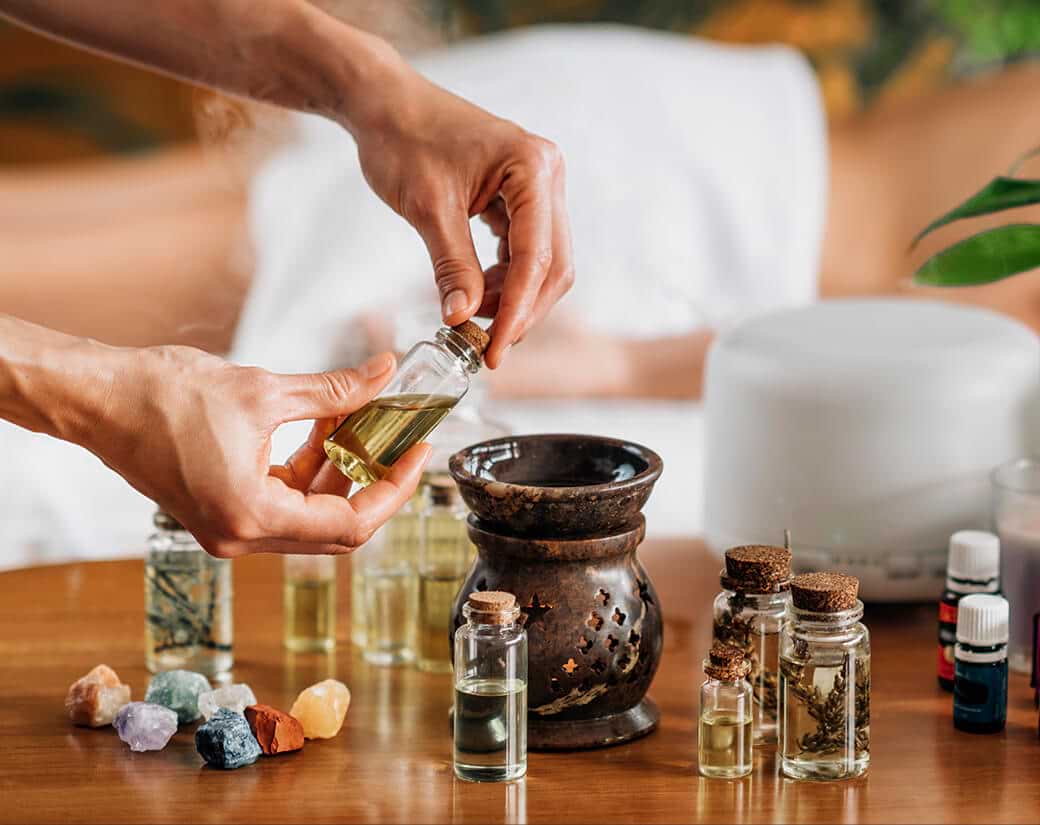
A Guide to Aromatherapy: How Essential Oils Transform Mind and Body
Introduction: The Ancient Art of Aromatherapy
From the temples of ancient Egypt to modern wellness spas, aromatherapy has been cherished for thousands of years as a powerful way to calm the mind, restore the body, and uplift the spirit. Using the natural essence of plants, this practice bridges science and nature, offering an effective approach to health and balance in a busy world.
In an age dominated by technology, constant stress, and sensory overload, aromatherapy provides something we often forget to prioritize—stillness and self-care. The gentle inhalation of lavender before sleep, the energizing scent of citrus in the morning, or the grounding aroma of sandalwood during meditation—all remind us of the healing power found in scent.
What Is Aromatherapy?

Aromatherapy is a holistic healing method that uses natural plant extracts—essential oils—to improve physical, emotional, and spiritual well-being. It can be used through inhalation, massage, bathing, or simply diffusing scents into the air.
The concept is ancient. In Egypt, aromatic oils were part of religious ceremonies, beauty rituals, and medicine. In India and China, essential oils played vital roles in Ayurveda and traditional healing systems. Today, aromatherapy is integrated into both home routines and luxury spa treatments, where it continues to prove its benefits for relaxation, rejuvenation, and inner harmony.
When inhaled, essential oil molecules interact with the brain’s limbic system—the area responsible for emotions, memories, and hormones. This is why a single scent can instantly calm anxiety, energize the mind, or evoke pleasant memories.
The Science Behind the Benefits

While aromatherapy has long been considered an art, modern science now confirms its measurable impact on body and mind. The molecules in essential oils can influence neurotransmitters, blood pressure, and even heart rate. Studies show that certain scents lower stress hormone levels and improve mood and sleep quality.
Proven Benefits Include:
- Stress and anxiety relief: Oils like lavender, chamomile, and bergamot lower cortisol and induce calmness.
- Better sleep: Scents such as sandalwood and lavender promote relaxation and deeper rest.
- Improved focus and energy: Rosemary, peppermint, and lemon enhance alertness and cognitive performance.
- Immune support: Tea tree, eucalyptus, and thyme possess antiviral and antibacterial properties.
- Pain reduction: Peppermint and ginger oils help relieve muscle soreness and tension.
- Emotional balance: Floral and woody oils support relaxation and emotional stability.
The body’s response to scent is both chemical and emotional, making aromatherapy one of the most gentle yet effective wellness therapies available.
Essential Oils That Promote Relaxation and Balance
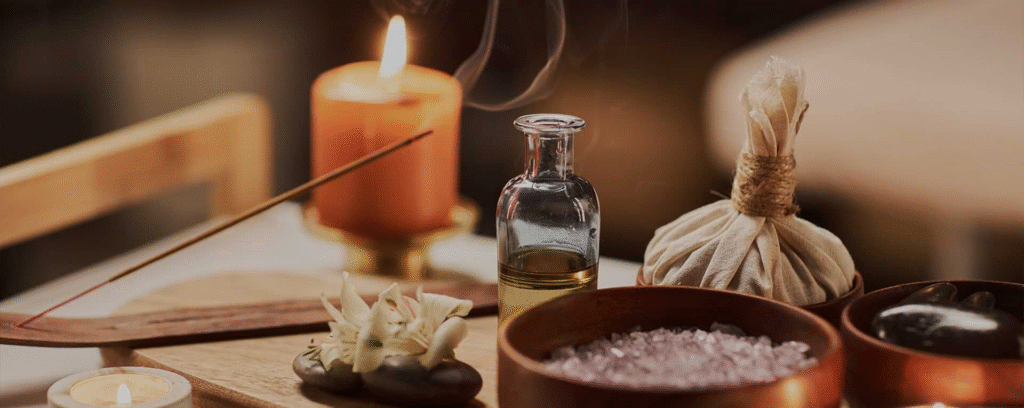
If your goal is to ease tension or find emotional balance, the right essential oils can work wonders. These calming scents are often used in spas, massage oils, and home diffusers.
Lavender
Perhaps the most famous relaxation oil, lavender soothes anxiety, encourages deep sleep, and even relieves headaches. A few drops in a diffuser or bath can transform your mood instantly.
Chamomile
Known for its calming, almost sweet scent, chamomile eases irritability, supports digestion, and reduces nervous tension—perfect for winding down after a long day.
Ylang-Ylang
Floral, exotic, and deeply comforting, ylang-ylang helps balance emotions and promote sensual relaxation. It blends beautifully with rose or bergamot.
Bergamot
With its bright citrus aroma, bergamot boosts positivity and confidence. It’s ideal when you feel anxious or mentally drained.
Sandalwood
This warm, woody scent promotes mental clarity and inner peace, making it a favorite for meditation and mindfulness practices.
Energizing Oils for Mind and Body

Not all essential oils are designed for relaxation—some are perfect for boosting motivation and energy when fatigue sets in.
Peppermint
A refreshing, cooling oil that clears the mind and supports mental alertness. It’s great for studying, working, or recovering from exercise.
Lemon
Uplifting and purifying, lemon oil refreshes the atmosphere, sharpens focus, and adds brightness to your morning routine.
Rosemary
Known as the “memory herb,” rosemary enhances concentration and fights mental exhaustion. Ideal for workspaces or study sessions.
Grapefruit
This cheerful scent energizes the senses and can even support metabolism. Perfect for a morning shower or after a workout.
The Spa Aromatherapy Experience
In the world of spa wellness, aromatherapy plays a central role in enhancing relaxation and renewal. The use of essential oils in treatments transforms a simple massage or bath into a sensory journey.
Common Spa Treatments That Use Aromatherapy:
- Aromatherapy Massage: Combines touch therapy with customized essential oil blends to ease tension and improve circulation.
- Steam and Sauna Rituals: Eucalyptus or peppermint oils open airways, clear sinuses, and promote detoxification.
- Body Scrubs and Wraps: Infused with oils like lavender or rosemary, they exfoliate and nourish the skin.
- Aromatherapy Baths: Essential oils mixed with mineral salts create a deeply soothing soak that calms the mind.
- Facials with Essential Oils: Rose, frankincense, or geranium hydrate the skin and reduce fine lines naturally.
The combination of aroma, touch, and mindfulness amplifies both physical and emotional well-being—leaving you refreshed and grounded.
How to Create a Home Aromatherapy Routine

Transforming your home into a mini spa is easier than you think. All you need are a few essential oils, a diffuser, and the desire to slow down.
Simple Ways to Begin:
- Use a Diffuser: Ultrasonic diffusers disperse aromatic mist throughout your space. Try calming blends in the evening and energizing ones in the morning.
- Make a Relaxation Blend: Combine lavender, ylang-ylang, and bergamot for instant calm.
- Create an Energy Blend: Mix rosemary, lemon, and peppermint for focus and motivation.
- Add Oils to Your Bath: Combine a few drops of essential oil with a carrier oil before adding to warm water.
- Try Aromatherapy Candles: Natural soy candles scented with pure oils create a cozy, mindful atmosphere.
- Use Pillow Sprays: A light mist of lavender and chamomile before bedtime encourages restful sleep.
By making aromatherapy part of your daily habits, you turn routine moments—like showers or bedtime—into moments of mindfulness and peace.
Safety Tips for Using Essential Oils

Although natural, essential oils are highly concentrated and should be used with care.
- Always dilute oils with a carrier like jojoba or sweet almond oil before applying to the skin.
- Avoid ingesting oils unless guided by a qualified professional.
- Perform a patch test to check for skin sensitivity.
- Store oils in dark glass bottles away from sunlight.
- Keep out of reach of children and pets.
- Some citrus oils can increase sensitivity to sunlight, so avoid direct sun exposure after use.
- Pregnant or nursing individuals should consult a healthcare professional before using essential oils.
Used responsibly, aromatherapy is both safe and deeply restorative.
The Emotional and Spiritual Dimension
Aromatherapy’s magic extends beyond the physical senses. It has the power to awaken emotions, unlock creativity, and strengthen the connection between mind and body.
- For meditation: Frankincense and sandalwood deepen focus and help center the mind.
- For emotional healing: Rose and geranium bring comfort during moments of sadness or stress.
- For creativity: Citrus oils, such as orange or bergamot, inspire optimism and imagination.
By incorporating aromatherapy into mindfulness practices, you not only enhance relaxation but also invite deeper emotional awareness.
Choosing High-Quality Essential Oils

The effectiveness of aromatherapy depends greatly on the purity of the oils. Here’s how to ensure you’re getting the best:
- Choose oils labeled 100% pure and natural, without synthetic additives.
- Look for the Latin botanical name on the label—it’s a mark of authenticity.
- Buy from trusted suppliers that provide quality testing information (GC/MS reports).
- Prefer organic and ethically sourced products.
- Store in dark, tightly sealed bottles to preserve freshness.
A high-quality essential oil carries the full therapeutic potential of the plant it came from—making all the difference in your wellness experience.
Integrating Aromatherapy into Everyday Life
Aromatherapy isn’t limited to spa sessions or special occasions—it can enhance your daily life in simple but meaningful ways.
- Morning routine: Start the day with citrus or peppermint oils for energy.
- Work or study time: Diffuse rosemary or lemon for clarity and focus.
- Evening wind-down: Create a tranquil environment with lavender or sandalwood.
- During travel: Carry a small roller blend to ease motion sickness or anxiety.
- Self-care rituals: Add essential oils to body oils or lotions for a personal touch of luxury.
These small, sensory rituals remind you to slow down and reconnect with yourself, even on the busiest days.
Conclusion: Reconnecting with Nature Through Scent
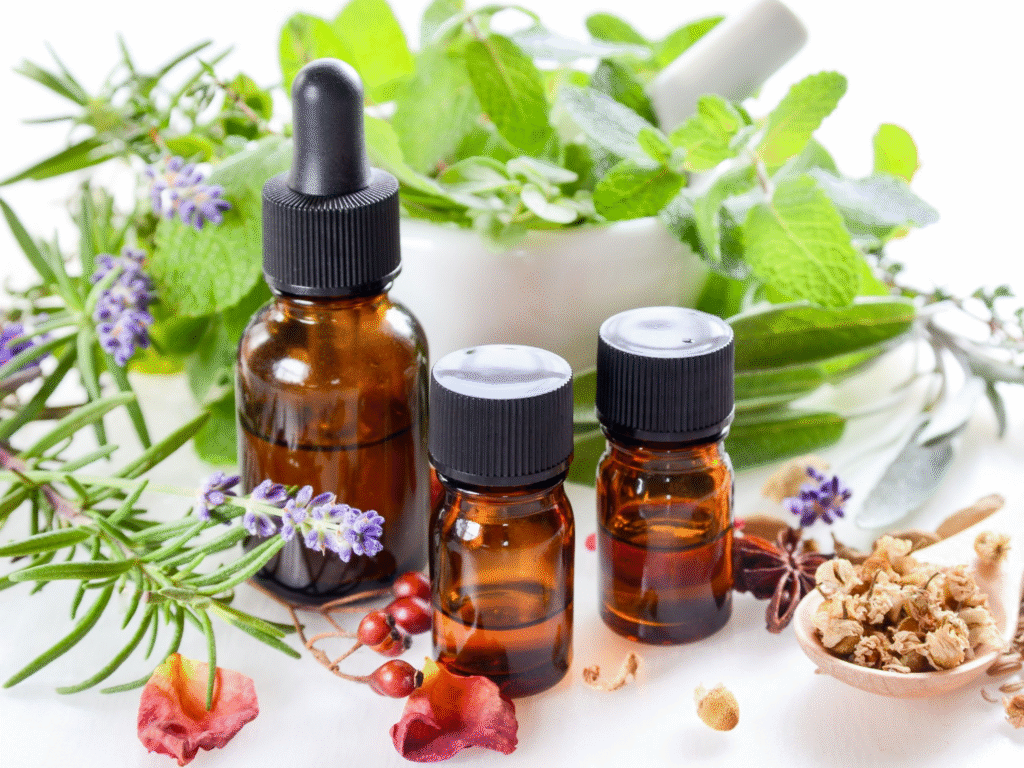
Aromatherapy is far more than fragrance—it’s a bridge between nature and the human spirit. Each drop of essential oil holds the concentrated vitality of plants, offering healing, clarity, and comfort.
Incorporating these natural essences into your life helps you return to a state of balance—physically, emotionally, and spiritually. Whether through a soothing massage, a candlelit bath, or a morning diffuser blend, aromatherapy transforms ordinary routines into sacred moments of peace.
Let the power of scent guide you back to what truly matters: calmness, presence, and the simple joy of breathing deeply.



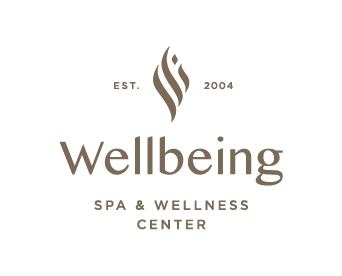
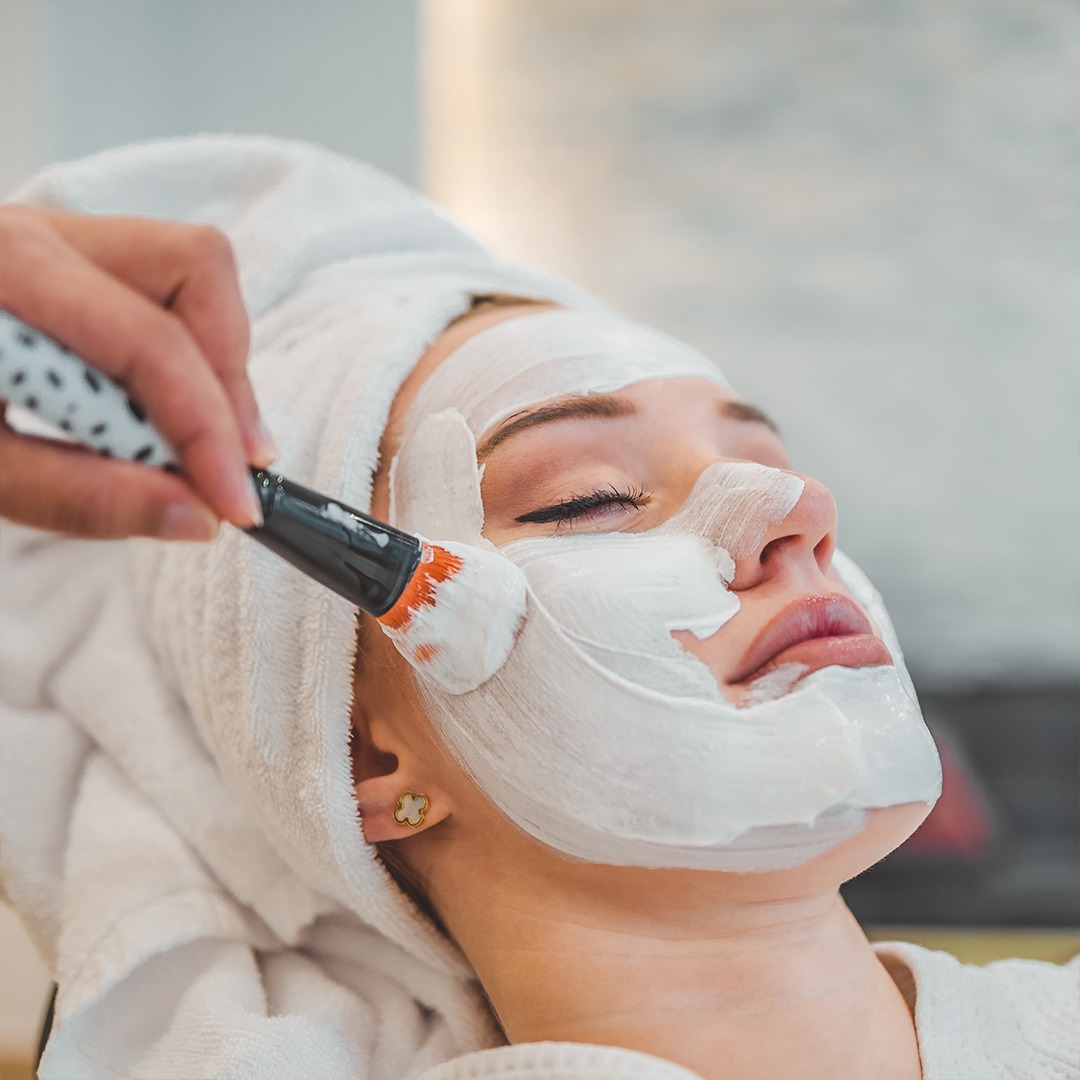

Leave a Reply